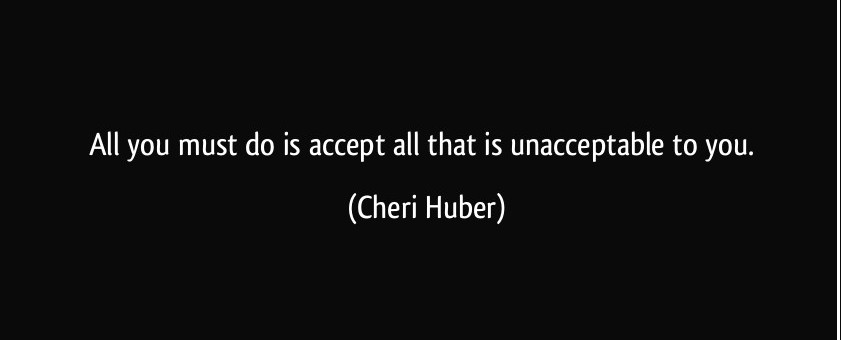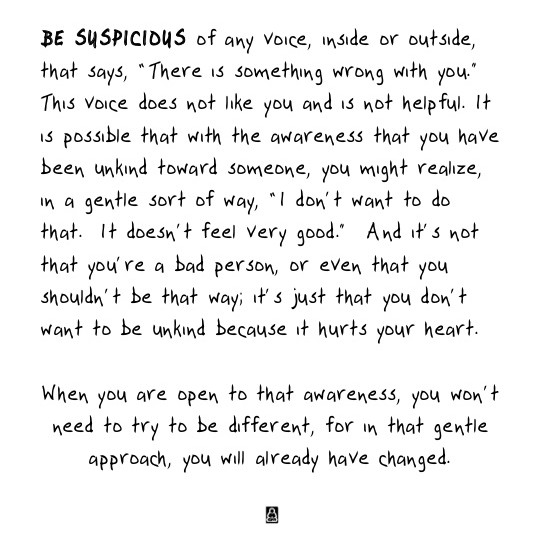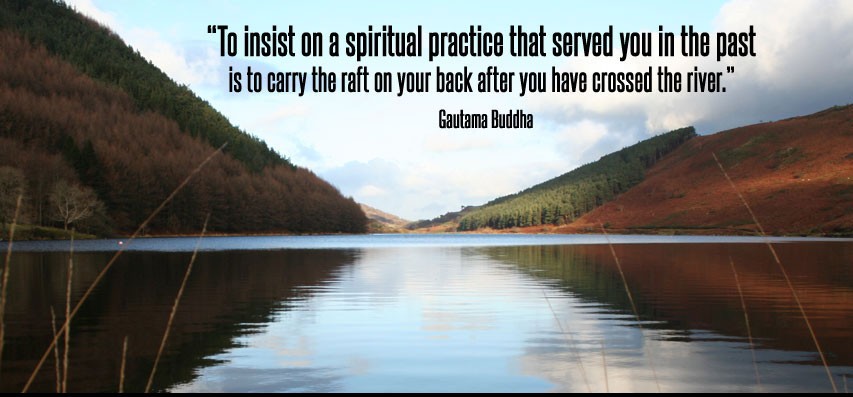
Cheri Huber is the subject for the virgin post of a new series entitled “Who The Hell is _______ ?
In this series The Big Toe and I will be waxing poetic (hardly, as that’s certainly not in our skillset) in regards to different teachers, gurus, sages, philosophers and porn stars that have been influential, in one way or another, on each of our paths.
Today I’ll share with you my experiences with Zen teacher Cheri Huber, from her books, audio courses and two separate retreats I’ve attended.
To set the scene, I was in graduate school studying comparative religions with a focus on Buddhism. I was rather deep in the process of reading the ancient texts and had begun the arduous, and eventually fruitless, task of learning Pali, the language of the time for The Big B.
I was starting to get bogged down with ancient texts; because truth be told, they were about as dry as a nun’s nasty (I got that saying from an Aussie friend, who swears it’s legit).

The Simple Wisdom of Cheri Huber
Then one day I’m in Mountain View, California and happened into a spiritual bookstore. In reality, in Mountain View, if you say “bookstore” it’s just assumed it’s all spiritual and shit.
It was then that a couple of books caught my eye. It was a particular title that did it, I think: There Is Nothing Wrong With You: Going Beyond Self- Hate.
Obviously, she’d never met me.
Then I opened it up and saw that the whole book was typeset in a handwritten font.

To my surprise, I didn’t instantly dismiss it as childish; rather it hit me as an immense breathe of fresh air. Like a combo douche/lubricant product for the nun’s nasty that I’d buried my head in for the previous 10 months of study.
As luck would have it, she was a local teacher and I went to one of her open sitting sessions the following week. Again, I was drawn to her ability to take Zen teachings and simplify them into bite-sized morsels.
These were not the esoteric Zen Koans like “What is the sound of one hand clapping”?
Speaking of that particular Koan, I once had a dream that I was a Zen teacher, and had instructed a student to meditate on it. He came back to see me and I asked him again, “What is the sound of one hand slapping?”
As he began to open his mouth to speak, I slapped him hard across the face.
He attained instant enlightenment.
Then I felt the slap, and realized that it was my wife smacking me repeatedly because I was snoring,… as if she needs a reason to smack me.

But I digress…
Cheri Huber’s knowledge flowed more like the following:
“Non-acceptance is always suffering, no matter what you are not accepting.
Acceptance is always freedom, no matter what you are accepting.”
and
“Your definition of who you are is your prison. You can set yourself free at any time.”
Kind and gentle words, but that to which they are pointing is anything but simple to put into action.
Cheri studied in the Soto Zen tradition, although there is apparently some controversy surrounding her official decree by an approved authority to teach Zen. As most of you are aware, at WUH we couldn’t give two shits about where and with whom a person has studied and been given permission or “ordained”.
If a person has something interesting, useful or funny to share (or all three – the WUH trifecta) then speak the fuck up and we’ll listen… at least for a couple of minutes:
I may have digressed again…
Zen Reframed Via Cheri Huber
Cheri Huber has this unique skill of taking Zen teachings and formatting them into kind and loving suggestions. And it would be fair to say that she represents the more psychological aspects of Zen than many other teachers, especially those who have come from other countries.
Many people feel as though Buddhism should be considered a psychology as much, if not more than, a religion. At its core, it’s just intended to be useful in the quest to end suffering. As a matter of fact, when it has served its purpose, you’re encouraged to dump it.
This is best exemplified by the story of a woman trekking across country and she comes upon a wide river. There is a raft next to the river with a note that it is intended for use by anyone who needs it. She uses the raft to cross the river, and realizes that she now must climb several mountains. So, she dumps the raft and starts climbing.

To further expand its quest to be useful, Buddhism is also intended to change and adapt to each country’s culture and customs. This is how Buddhism can look so different in Japan as it might in China, Australia or the United States.
Here are some Tibetan “Monks” breakdancing in NYC:

My point is that Cheri Huber has been able to share the teachings of Zen Buddhism in a way that resonates with a large portion of people in the United States and Europe. It’s not everyone’s cup of tea, but as Cheri writes in her book The Key: And The Name of The Key is Willingness
“I have lost my favorite teacup. I have two choices.
I can have lost my teacup and be miserable.
I can have lost my teacup and be all right.
In either case, the teacup is gone.”
Brutally simple, with the emphasis on “brutally”.
Here are a couple more gems to give you a feel for the wisdom of Cheri Huber:
“Do something you fear, NOT to conquer the fear, NOT to accomplish a task, but to familiarize yourself with the processes with which fear protects itself, to demystify it.” – The Fear Book: Facing Fear Once And For All
“If you think you can feel better
by doing something else
or being something else
or being somewhere else,
then
feel better.
Don’t be confused that you really need to
do something else
or be something else
or be somewhere else.
Just be content to feel better.*
* This can save a great deal of time, energy and money.”
If it seems like the teachings of Cheri Huber might be your cup of tea, then I would check out her website below:
Peace Out,
Hairy Yogurt Das
NEVER MISS A POST! SIGN UP BELOW:
Love this post? Hate it with a wrathful vengeance? Either way, don’t miss the next one! Free WUH VIP means you’ll get notification and access to every new post and update: CLICK HERE
